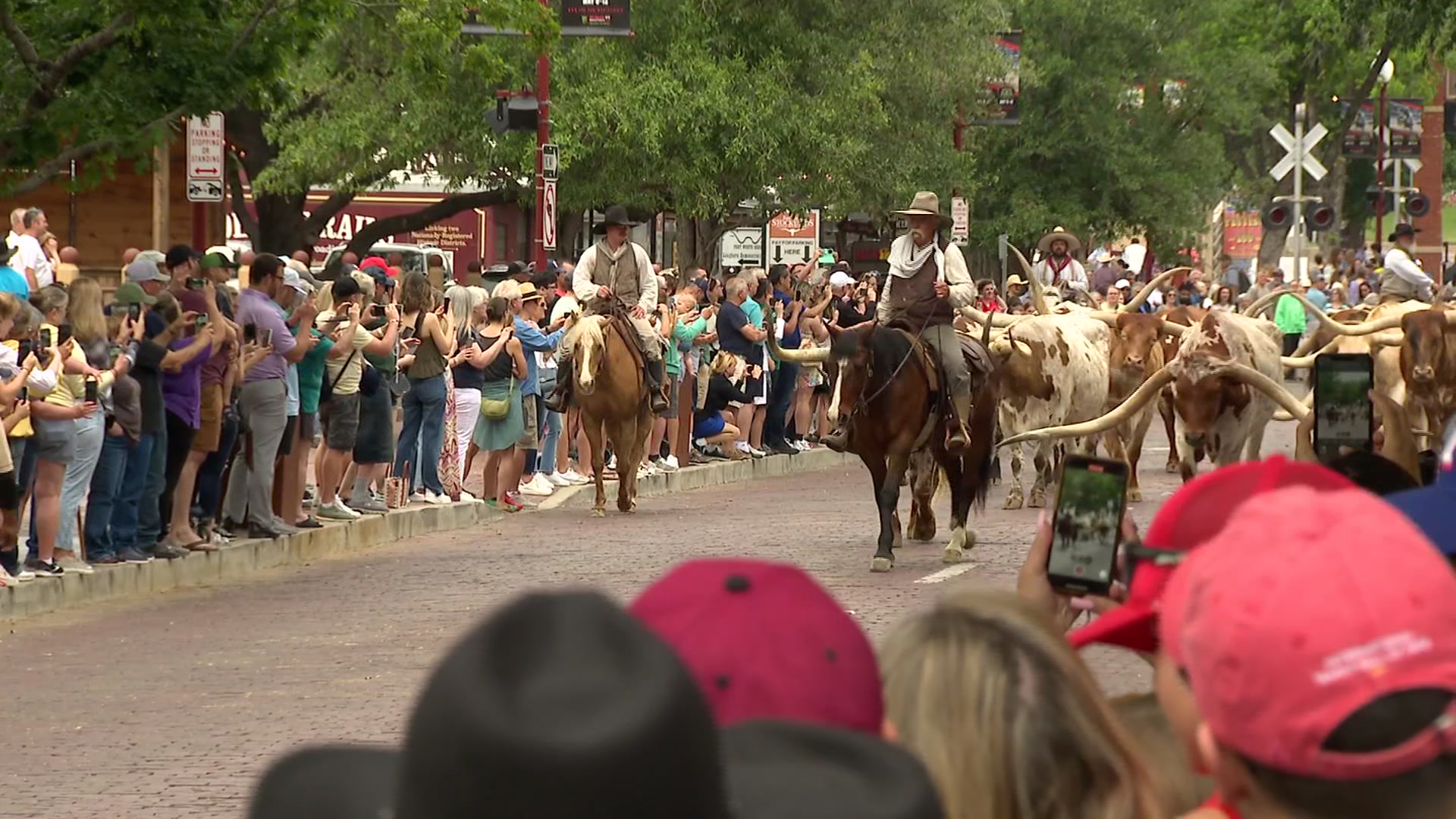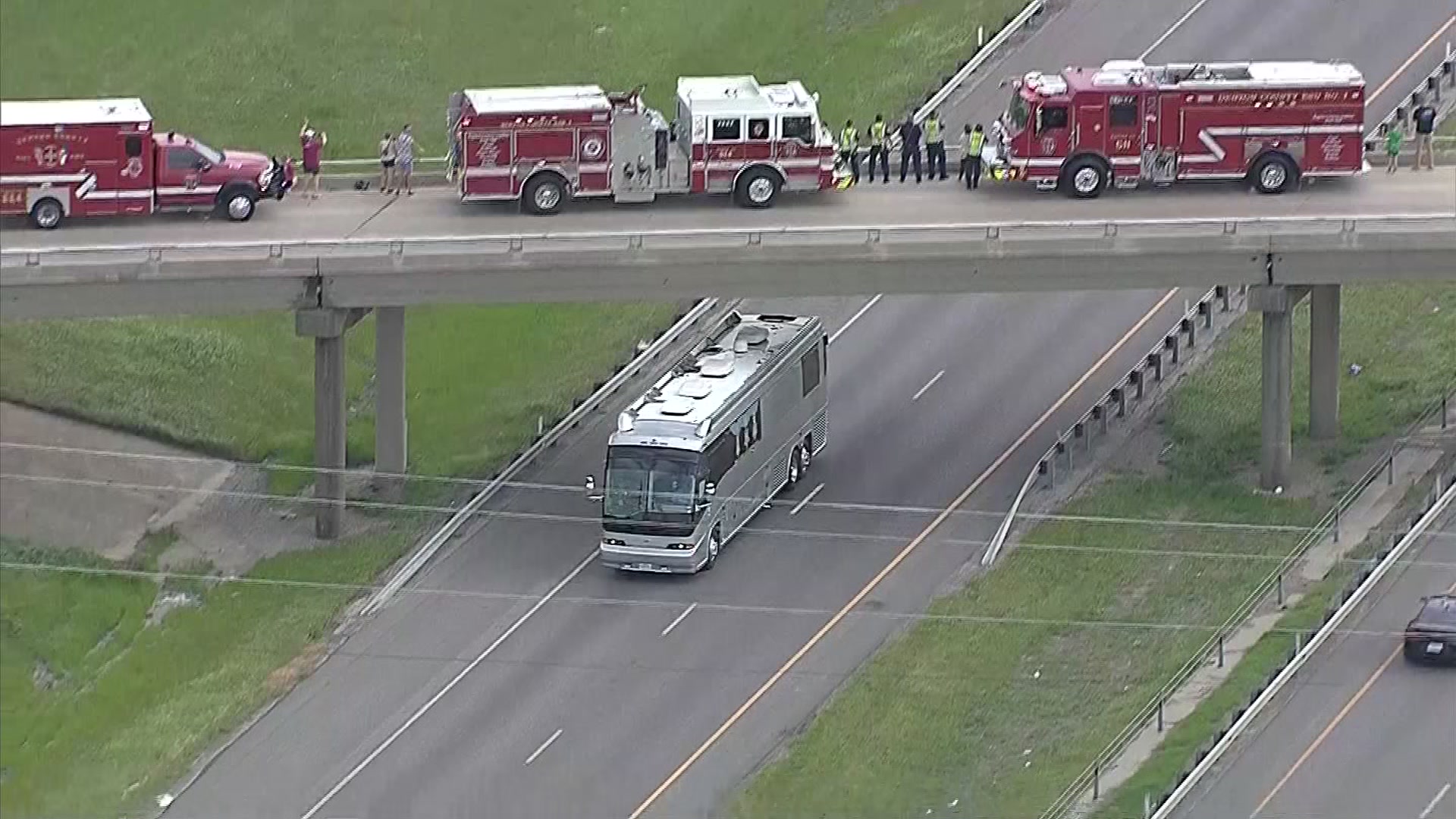On the Rio Rojo Rancho outside Paris, deer drive the business.
“I’m a rancher,” said Mike Ford. “My species I chose to ranch is deer. I’m no different than the guy raising cattle.”
The land has been a part of Ford’s family since the 1880s, but now his herd and the future of Texas deer breeding faces uncertainty due to chronic wasting disease, or CWD, and how the state is trying to control it.
The disease attacks the brains of deer, elk and moose and is ultimately fatal.
CWD was first found in Texas deer in 2012. Seven free-ranging mule deer in the Waco Mountains tested positive for the disease. In July, the second case of CWD was found in two captive-bred deer on a ranch in Medina County.
After the latest discovery, Texas Parks & Wildlife enacted emergency regulations. They ordered breeders temporarily halt business and increased testing forcing deer be killed to check for CWD.
“There were thousands of us, thousands, that had zero connection and we were all shut down for business,” said Ford. “You can’t do that to businesses in Texas.”
A spokesperson for Texas Parks and Wildlife released the following statement to NBC 5:
Local
The latest news from around North Texas.
“How we manage CWD in Texas will ultimately shape our deer hunting heritage for future generations. The impacts of this debilitative, neurological disease reach far beyond any facility or ranch. CWD has the potential to impact Texas’ 700,000 licensed deer hunters, their families and the thousands of people in rural communities across the state who rely on deer hunting for their livelihoods. Texas has chosen a path of reasonable and prudent measures to manage this disease in a manner that will ensure the future of our state’s most prized wildlife resource.”
In addition to the regulations on breeders, Texas Parks & Wildlife are asking deer hunters voluntarily submit deer they kill for CWD testing.
In Ford’s view, over-regulation, not the disease, pose the biggest threat to his herd.
His deer remain healthy and he’s ready for hunting season, but he worries the perception and management of CWD will hurt the state’s $2.2 billion dollar hunting industry.
“If you put science at the front of this problem and you put common sense at the front of this problem, well then we’re at the opposite end of that barrel,” Ford said.
In response to the regulations, two deer breeders have filed a lawsuit against Texas Parks & Wildlife.
For more information on CWD and the lawsuit:
Texas Parks & Wildlife
Texas Deer Assocation



